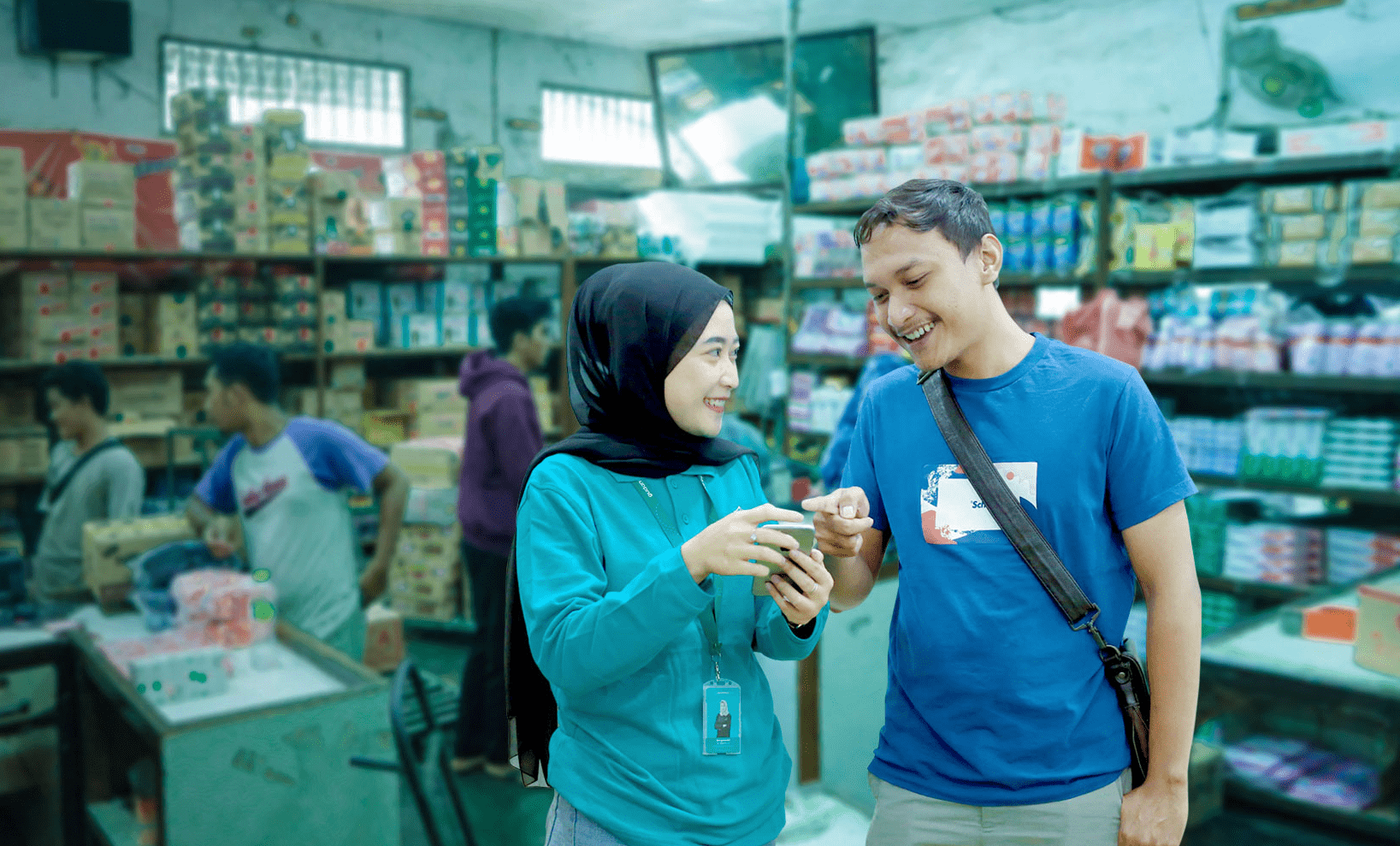Sequoia Capital India and Alpha JWC Ventures have co-led the Series A round of GudangAda, an online B2B marketplace for food staples and other fast-moving consumer goods (FMCG). Singapore-based Wavemaker Partners also joined in the Series A round.
The Indonesian startup raised $25.4 million, adding to the $10.5 million it secured in its seed round in February. That earlier capital injection was co-led by Jakarta-based Alpha JWC and Wavemaker, with Temasek affiliate Pavilion Capital also participating.
Altogether, that’s $36 million in total funding – and it was only launched 15 months ago.
GudangAda seeks to connect wholesalers directly to merchants – ranging from large retail chains to independent ‘mom-and-pop stores’ and warungs (roadside kiosks selling snacks and supplies).
It claims to work with merchants in 500 cities across Indonesia, including over 50,00 large retailers. It also says it covers 100% of the country’s FMCG wholesalers.
Founder and CEO Stevensang told AFN that over a quarter of the platform’s transaction volume is accounted for by food and agricultural products.
“Our platform facilitates $100 million of transactions per month in food and beverage products and agricultural products, to help ensure availability and distribution in Indonesia,” he said. This has grown “during [movement] restrictions like now, where most FMCG traders rely on online transactions,” he added.
GudangAda’s guiding principle is “empowering, rather than replacing, existing intermediaries” in the FMCG supply chain. It attempts to do this through its ecommerce platform, which allows a host of different stakeholders to buy and sell goods from each other nationwide. Its aim is not to become “a disruptor to the ecosystem,” but rather “an enabler for all players across the entire […] value chain,” it claims.
The startup helps its merchant members to make faster inventory turns and benefit from optimal pricing, while also granting them access to a wider product selection than they’d typically have. Buyers and sellers on the platform can also enjoy order management and analytics features.
GudangAda said it will use the Series A funding to enhance its tech offering, launch new services, and hire more talent.
Chinese B2B marketplaces and other Midstream Technologies startups raised a total $336 million funding last year. Read about them in AgFunder’s China AgriFood Startup Investing Report, here.
It also said it will spend some of the funds to provide “critical support” to Indonesia’s FMCG supply chain amid difficulties caused by the Covid-19 pandemic, and “ensure availability of daily essential consumer goods, such as staples, cooking ingredients, [and] health and sanitary products.”
GudangAda is piloting a logistics service to help its merchant network maintain local availability of these essential products. It’s currently available in the Greater Jakarta region and the cities of Bandung, Lampung, Medan, and Semarang. Plans are in place to expand the service to other major cities within the next few months.
“These are challenging times,” Stevensang said in a statement. “But GudangAda is excited and fully prepared to launch a new chapter […] in fulfilling our mission – which is to empower all players in Indonesia’s FMCG value chain with one stop solutions through the use of technology.”
The company’s target is to have 7% to 10% of Indonesia’s large retailers on its platform in the near future.
“B2B supply chains in many emerging markets face challenges around working capital limitations, inefficient inventory management, and manual operational processes. GudangAda is building a digital ecosystem to transform [this] massive and highly fragmented market in Indonesia,” said Abheek Anand, managing director, Sequoia India.
“FMCG is a tough industry to disrupt and still mainly conducted in traditional ways. It’s not easy to change behaviours […] but GudangAda proved that it can be done if you know the right gateways, the pain points to address, and how to execute efficiently,” added Alpha JWC managing partner Chandra Tjan.
Got a news tip? Email me at [email protected]





